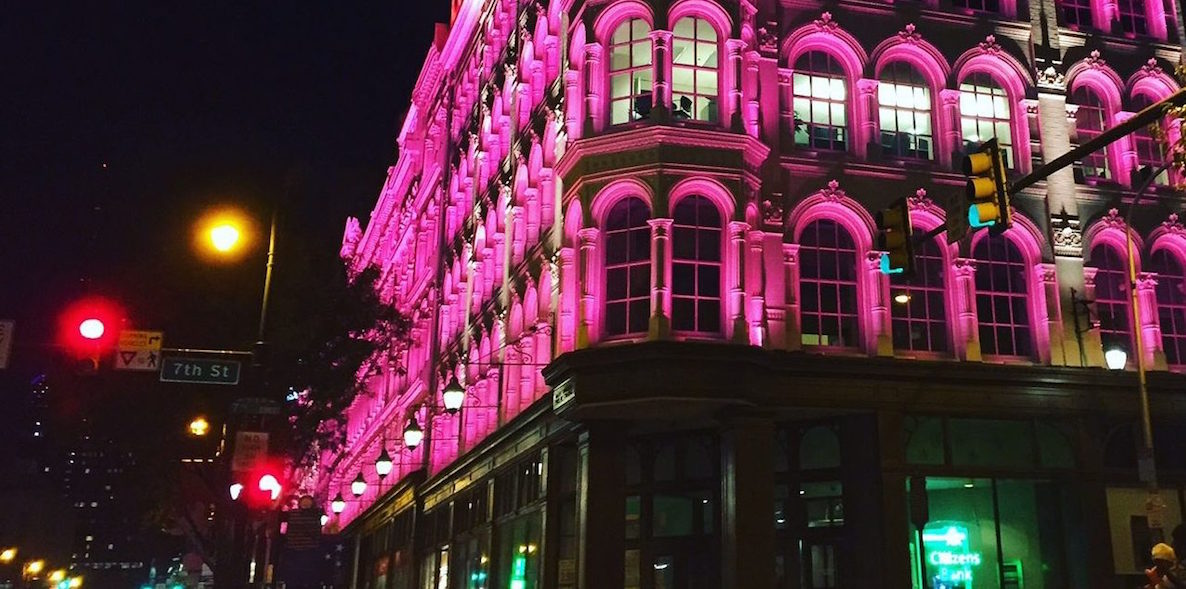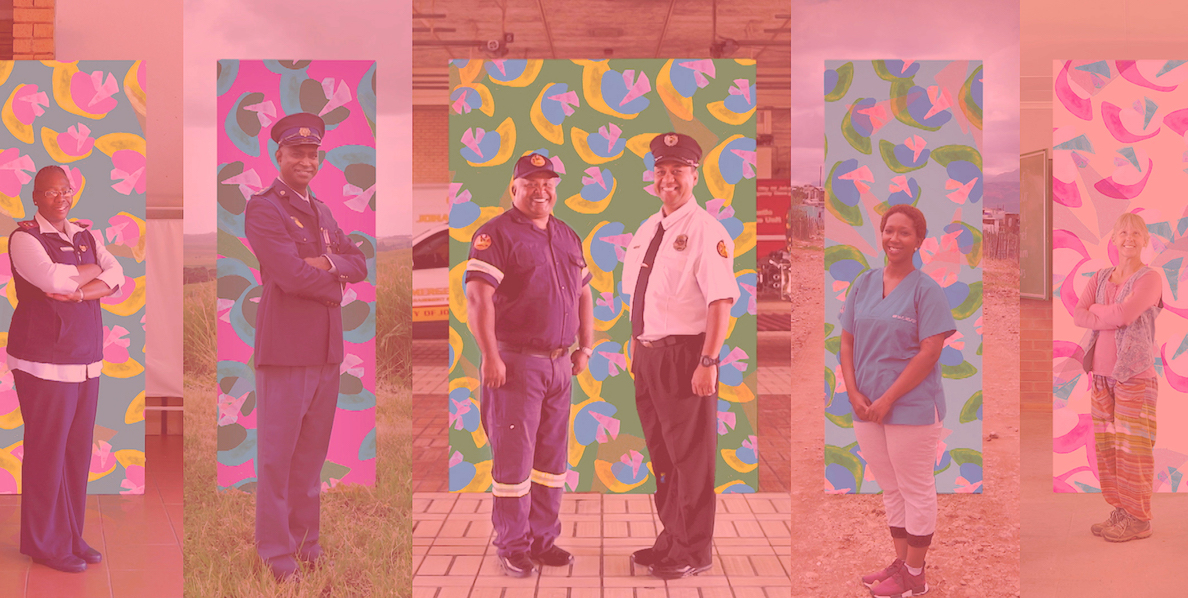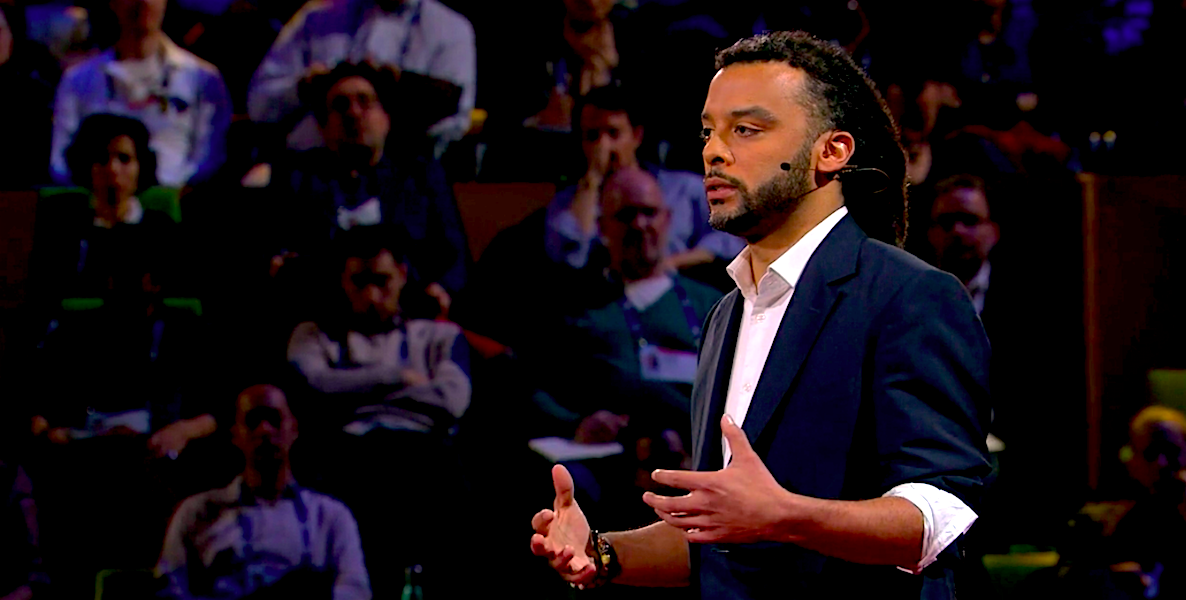In his 2016 TED Talk—viewed over 2 million times—criminal justice reformer and former Boston prosecutor Adam Foss puts clearly what he learned in nine years on the job: “When we talk about criminal justice reform, we as a society talk about three things: police, sentencing laws, prison. We rarely if ever talk about the prosecutor. Prosecutors are the most powerful actors in the criminal justice system.”
It is prosecutors, after all, who decide if they will charge a suspect with a felony or misdemeanor; argue for jail time or restitution; send a juvenile to adult court or refer them to social services; seek bail or not. And it is prosecutors who are uniquely positioned in the criminal justice system to work with both victims and offenders, judges, social services organizations and police—all towards a goal we can all get behind: Keeping us safe. “I love my job,” Foss said at the time. “I just think it is my responsibility to do it better.”
If we’re about safety, we can increase safety by changing what we’re doing, with understanding and empathy.
That is the crux of Foss’s Prosecutor Impact, a program aimed at changing the criminal justice system from the most unexpected (except in Philly) of places: The District Attorney’s office. So far, Foss has worked in about 20 different jurisdictions around the country to tweak the way young prosecutors approach their work. He will also be bringing his program to Philadelphia.
![]() On October 30, Foss will talk about his work to transform prosecutors’ offices at Poverty and Justice: A Public Forum with Adam Foss, hosted by United Way of Greater Philadelphia and Southern New Jersey, at Arch Street Presbyterian Church. Foss talked to The Citizen this week. Below is a condensed version of the conversation.
On October 30, Foss will talk about his work to transform prosecutors’ offices at Poverty and Justice: A Public Forum with Adam Foss, hosted by United Way of Greater Philadelphia and Southern New Jersey, at Arch Street Presbyterian Church. Foss talked to The Citizen this week. Below is a condensed version of the conversation.
RPS: Your dad was a police officer, but you’ve said that you never wanted to be a prosecutor. Then you worked as a District Attorney in Boston after graduating law school. Why the change of heart?
AF: My dad was a patrolman in our little town, but I didn’t know what happened after people got arrested; I just saw the prosecutor on the TV. I had this idea of what they were, and the thought of being a square-jawed, white-haired white man in a navy blue suit and a red tie was not what I was about. I took mass incarceration as an affront, and was going to be a public defender and save everyone. I worked for a defense attorney for a year, then started representing my own clients.
Then I realized: I’m playing the same gross game: Making up implausible arguments to get my client off, litigating against truth, impugning victims. This wasn’t what I signed up for. Most of the clients I had were guilty; I didn’t want to absolve people of guilt. I wanted to solve problems. I wanted to see people who were coming in not having to come back there, I wanted to see families repaired, communities bouncing back.
Prosecutors have the power to change people’s lives. And I saw that most of them do want to do the right thing. They’re just not given the right tools to do it.
I think about my cases, and how they paid dividends, because my metric of “win” was different than winning a trial. The win is: I didn’t see them again. Getting a text message from someone I prosecuted about his college graduation. Seeing a family who was in the middle of a domestic dispute happy and healthy.
RPS: You went to law school intending to become an entertainment lawyer until you spent a semester interning in a courthouse. What did you see there?
AF: It’s obvious when you walk into a courthouse that there are major problems there. The optics are bad, the structures are bad, the attitudes are bad, the morale is low, the process is depressing. You see everybody over here is white and not from this community; everybody over here is black and from this community, and there’s such a disconnect.
I thought: What are we doing here? We have all these people in the same building, we should solve problems. There are whole structures that are causing these problems, and we can help people out with a whole lot of things while they’re here. If we’re about safety, we can increase safety by changing what we’re doing, with understanding and empathy. So I started looking at safety, at what made me safe: Housing, education, employment, access to healthcare. All parties in these cases need help with that.
RPS: What did you encounter when you first started at the DA’s office?
![]()
AF: I came into the Boston DA’s office and saw no one owning the real shit. Massachusetts has the second highest racial disparity of any system in the country. Boston for a city its size has way too many people being shot. Many victims were not picking up the phone, or were bailing out because the office was not providing services they needed when they came in. Decisions were made without measurements or data.
And I was wholly unequipped to do this job. I started learning new things on the job that had nothing to do with what I learned in law school. The fact is I never heard the word trauma in law school; I never heard about racial discrepancies in the criminal justice system. Standing there on that first day, I didn’t know the consequences of my actions: That arraigning someone might lose them their house, that sending them to jail for the weekend might impact the neighborhood’s safety.
When I started, I know there were people I came in with who had never met a black person. Their first time meeting one was when they had done a bad thing: You can understand why racial disparity is such a thing in the criminal justice system. A lot of it is just abject fear: You’re in the community, completely overwhelmed. You think that all the good guys are going to like you, and all the bad guys are going to hate you. When that’s not the case, it’s scary. That’s why I take issue with that symbol of Lady Liberty with a blindfold on: That’s how we got here, by assuming that justice is blind and applies the same to everybody. That’s a fucking figment that we make up in law school.
RPS: In your TED talk, you mention a young man named Christopher who stole 30 laptops from Best Buy to help pay for college expenses. You chose not to prosecute him, but to help him pay it all back. Nine years later, you saw him again and he had graduated college and was working as a bank manager. That’s a pretty amazing story.
AF: That’s just one example. I think about my cases, and how they paid dividends, because my metric of “win” was different than winning a trial. The win is: I didn’t see them again. Getting a text message from someone I prosecuted about his college graduation. Seeing a family who was in the middle of a domestic dispute happy and healthy. Going out in my community and having people see me as a helpful prosecutor. Young men who were shooting and stabbing, and are now working in the community, and trying to prevent these things. To me, winning is preventing homicide, by paying attention to what’s happening in juvenile court and municipal courts, which are the practice ground for prosecutors.
RPS: Was it hard to make that shift?
AF: It was hard for me to stand up in court pretending this ancient system is the way to solve problems. We’re so acculturated to this system that people are willing to look at blatant evidence of its failure and not want to do something different. This shift wasn’t hard. Most prosecutors wanted the right thing to happen. The community wanted a different thing to happen. I got a lot of support from judges, defense bar, sometimes police, and service providers.
RPS: It’s interesting that you talk about criminal justice reform by focusing on safety. Some of the worry about our reform-minded District Attorney Larry Krasner is that, with the country’s eyes on Philadelphia, he may be changing the system but making the city less safe.
The idea that Philadelphians are now safe because the system is run this way is ridiculous. Philadelphians are not safe. There are thousands of people here dealing with homelessness, drug use, domestic violence, gun violence.
AF: That depends on who you think is safe now. What we should be asking is, Are the people who are the least safe getting more safe? Right now, Philadelphians are not safe. There are thousands of people in Philadelphia dealing with homelessness, drug use, domestic violence, gun violence. The idea that because of this person’s policy changes we are less safe is ridiculous. And the idea that Philadelphians are now safe because the system is run this way is ridiculous.
RPS: Is it hard to convince would-be prosecutors that your approach to their work is the better way to do their jobs?
FS: It’s not hard to convince the new people who are coming in because they are young people, and there’s a new kind of person coming to this job: It’s no longer just a stepping stone for political advancement. They understand their charge, where they’re coming from, and what that means for them. Who it’s harder to convince are the people who have been in the office a long time, and the public.
RPS: How will you know that your work at Prosecutor Impact has succeeded?
AF: My hope is that this just is the way that prosecutors on-board moving forward, that in five years, the vast majority of cases going through the system are handled by people who have had this training, that minds are changed, behavior changed and that means better outcomes for people.
RPS: What does your dad, the patrolman, think of what you’re doing?
AF: He loves it. He doesn’t really get it all. But, you know, he’s proud.
Tuesday October 30, 7 pm-8:30 pm, Free but register here, Arch Street Presbyterian Church, 1724 Arch Street.
Photo via TEDTalk






